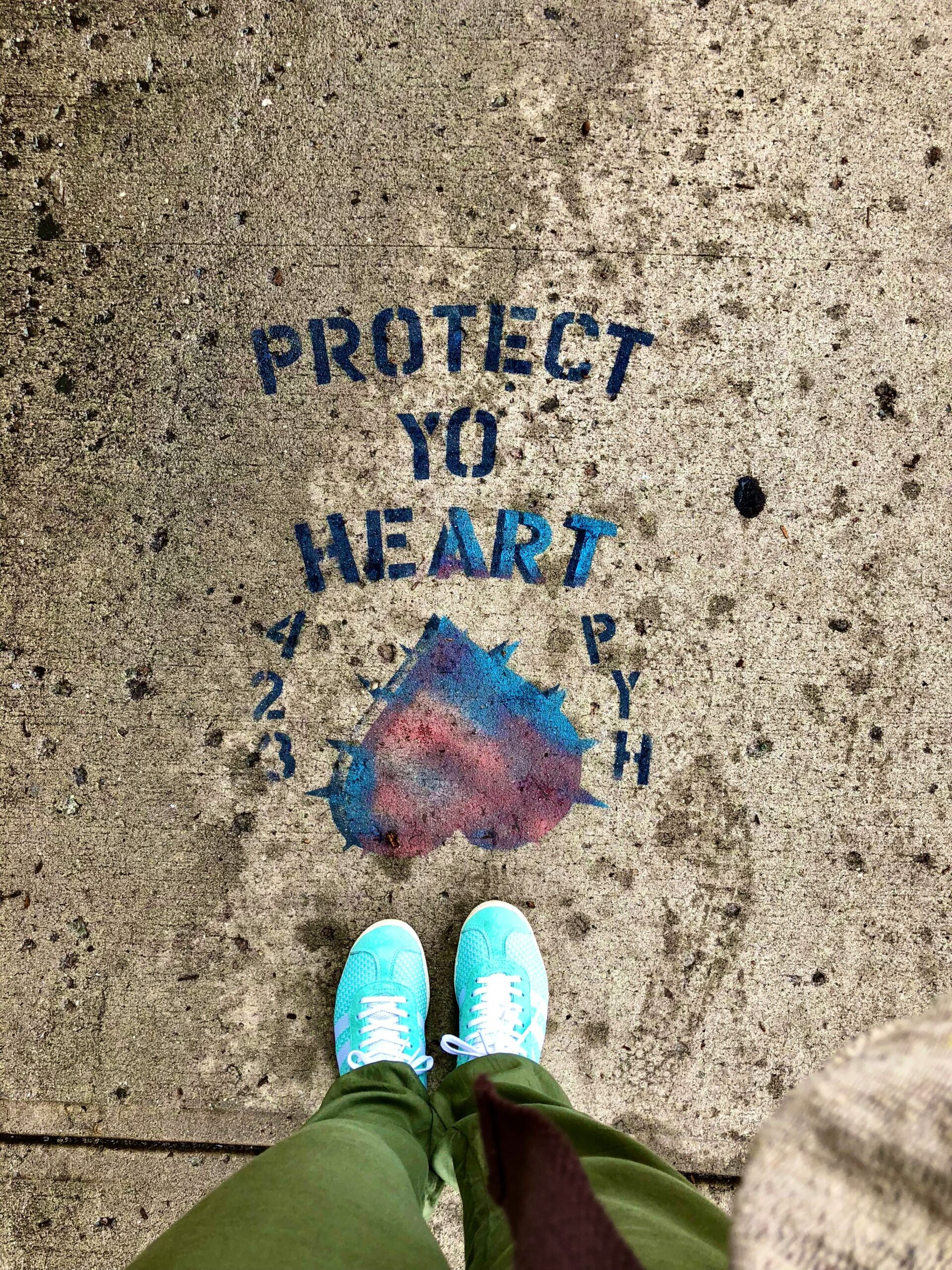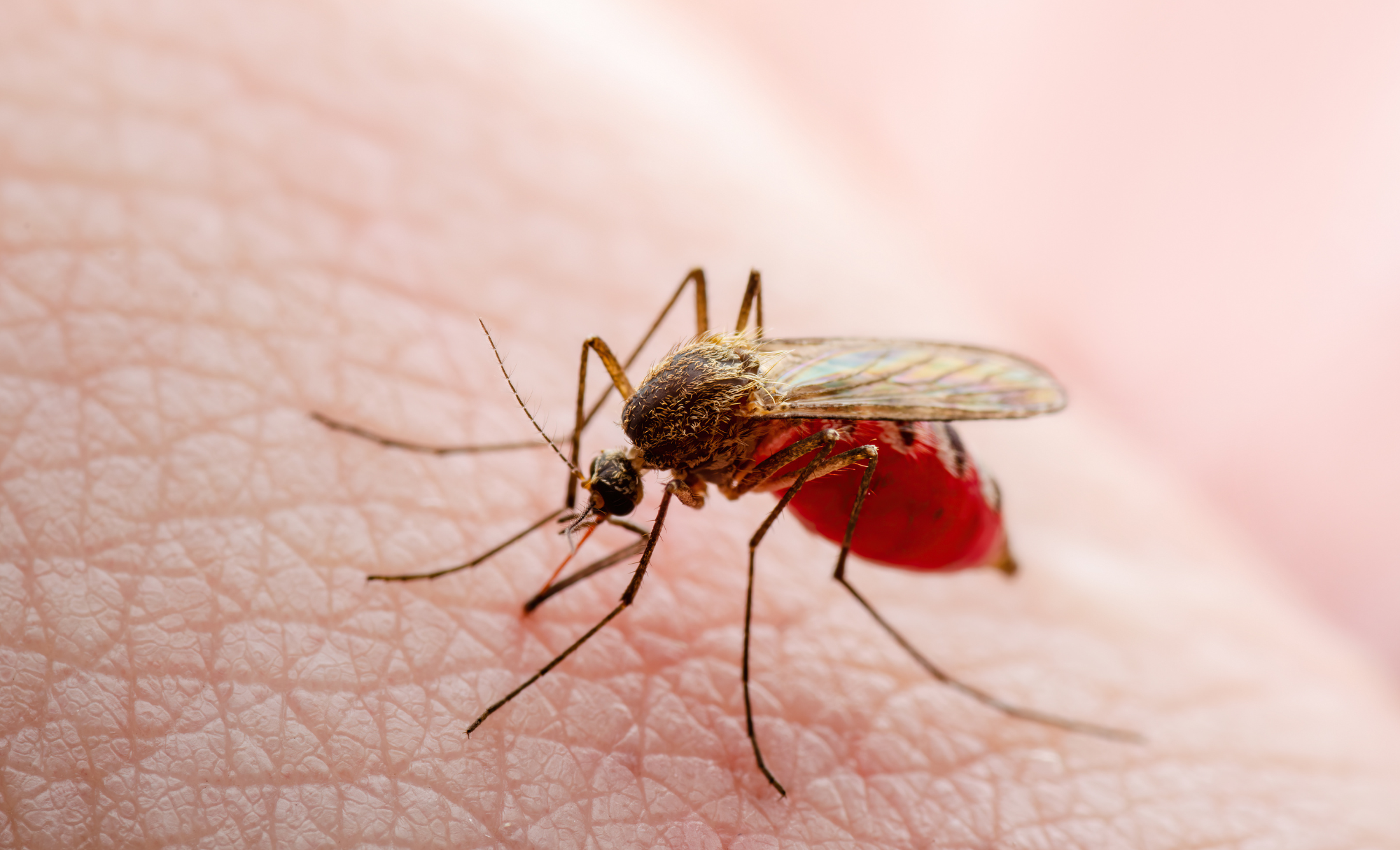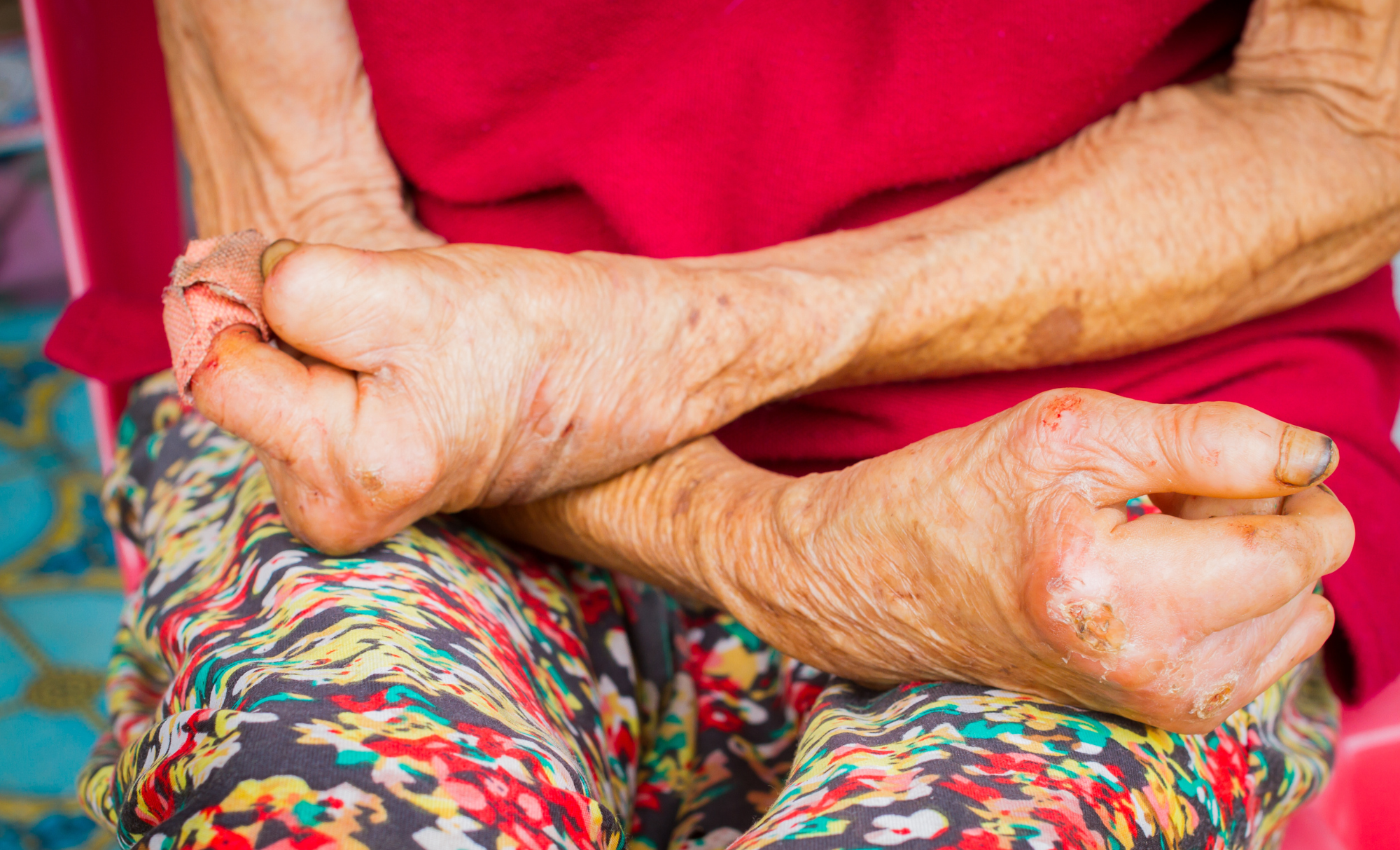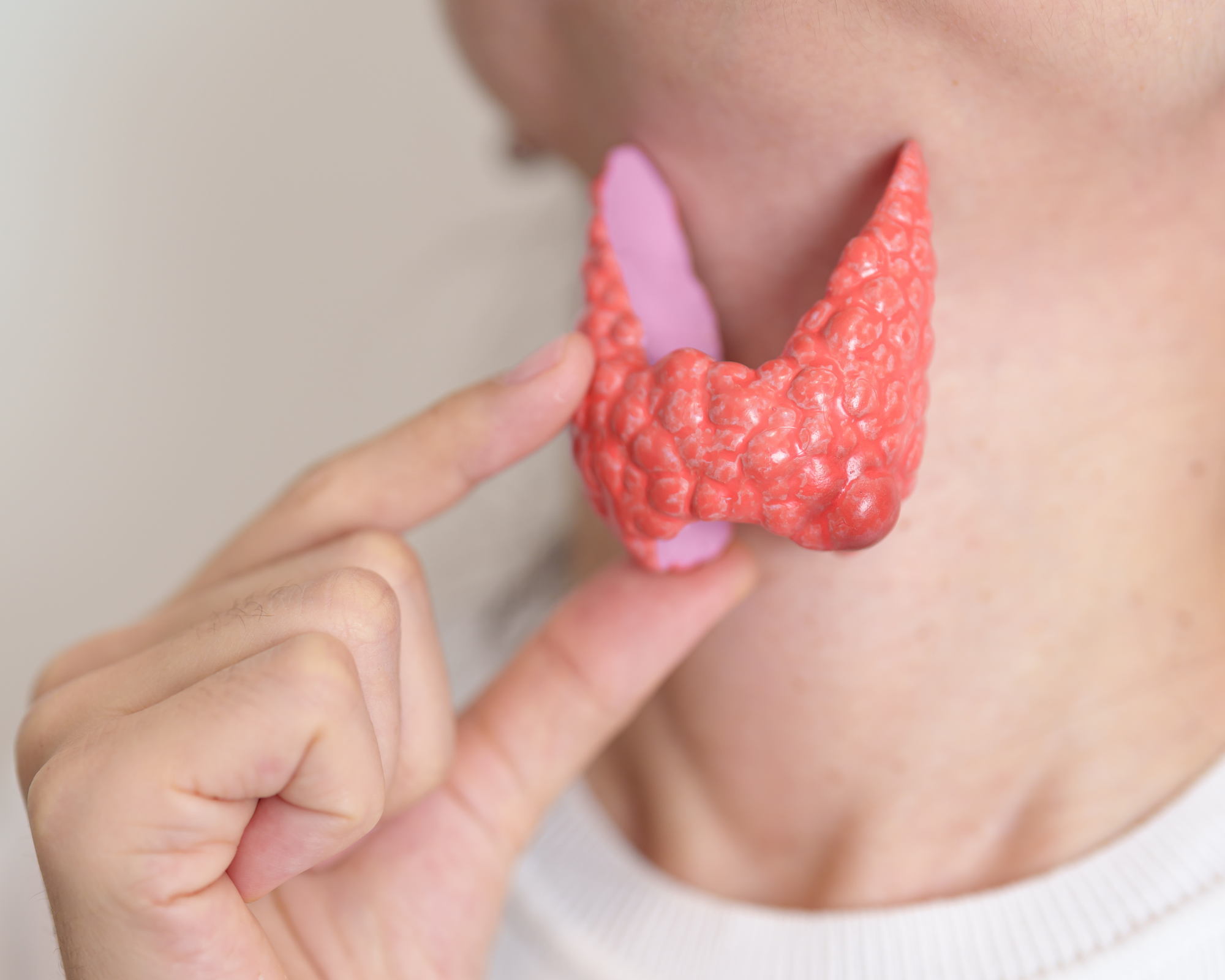February is American Heart Month, a time to focus on the health of one of our most vital organs: our heart. Heart disease remains the leading cause of death for both men and women in the United States, but the good news is that many heart health risks can be prevented. This month, let’s raise awareness and take proactive steps to protect our hearts for a healthier, longer life.
Every year, millions of people around the world suffer from neglected tropical diseases (NTDs), a group of infectious diseases that thrive in tropical and subtropical climates, often in areas where access to healthcare and sanitation is limited. Despite their widespread impact, these diseases are frequently overlooked in global health discussions and receive far less attention than other conditions.
Leprosy, once feared as a curse or a punishment, remains one of the most misunderstood diseases in the world. Despite being one of the oldest known diseases, with historical references dating back thousands of years, leprosy is still a major health issue in certain parts of the world. Every year, World Leprosy Day is observed to raise awareness, reduce stigma, and educate the public about this treatable condition.
Every day, countless people rely on blood donations to save their lives—whether they’re undergoing surgery, receiving treatment for cancer, or recovering from an accident. However, there’s always a need for more blood donors to ensure that hospitals and clinics have enough to meet the demand. That’s why January is celebrated as National Blood Donor Month, a time to honor those who give the gift of life and encourage others to get involved.
Every year, thousands of families are affected by birth defects, making them one of the most common causes of infant illness and long-term health challenges. January is National Birth Defects Awareness/Prevention Month, a time to focus on raising awareness, supporting affected families, and empowering expectant parents with the knowledge they need to promote healthy pregnancies.
Did you know that over 20 million Americans are living with a thyroid disorder, and many of them don’t even realize it? The thyroid, a small butterfly-shaped gland located in your neck, plays a massive role in regulating your body’s energy, metabolism, and overall health. When it’s not functioning properly, it can have a significant impact on your well-being.
Did you know that glaucoma is one of the leading causes of blindness worldwide? Often referred to as the “silent thief of sight,” this condition can develop without any noticeable symptoms until significant vision loss has occurred. It’s a sobering reality, but one that underscores the importance of awareness and early detection
Paget’s Awareness Day is dedicated to raising awareness about Paget’s disease, a chronic bone disorder that affects thousands of individuals worldwide. Despite being the second most common bone disease after osteoporosis, Paget’s disease often goes undiagnosed, especially in its early stages. This day is an opportunity to educate, support, and empower those impacted by this condition.
In this post, we’ll dive into what Paget’s disease is, explore its symptoms, discuss available treatments, and highlight the risk factors. Together, we can raise awareness and make a difference for those affected by this condition.
Every January, we come together to recognize National Stalking Awareness Month, a time to highlight an important issue that deserves our attention: stalking. This month is all about educating our communities, supporting those affected, and empowering each of us to recognize, prevent, and respond to stalking in all its many forms.









